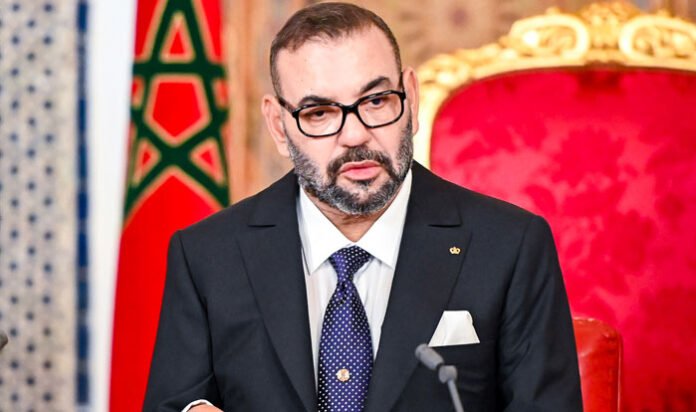The Royal Pardon: Support for the Cannabis Industry or Strengthening the National Economy?
The royal pardon issued by His Majesty King Mohammed VI to around 5,000 people involved in the illegal cultivation of cannabis (hashish) has raised many questions about the true motives behind this decision. Amidst the criticism directed at the Kingdom of Morocco, especially from some media outlets that focused on the negative aspects of this decision, it is necessary to take a deeper look at the broader context.
The Key Question: Does the Royal Pardon Aim to Support Illegal Cultivation or a Thriving Industry?
First, it should be clarified that most of the individuals included in the royal pardon were involved in the illegal cultivation of cannabis. However, it is important to note that the royal pardon was not merely a whitewashing of crimes but comes within the context of a comprehensive policy aimed at legalizing and regulating the cultivation of cannabis in accordance with national and international laws. Here, the question arises: Why is this step portrayed by some as encouraging illegal cultivation when it is actually part of a strategy to develop a significant economic sector?
Is the Pardon a Step to Stimulate Investment or to Improve Social Conditions?
The reality is that Morocco is working on organizing the cultivation of cannabis for medical and industrial purposes only, which strengthens its competitiveness in the global market. It is expected that investments in this sector will reach approximately $57 billion by 2026, in cooperation with international companies, including an Israeli company. So, why is this positive aspect ignored while only the criticisms are highlighted?
What’s Behind the Criticism: A Media Campaign or Deliberate Targeting?
It is striking that the criticisms against Morocco largely come from certain media outlets, such as the “Watan” site, known for its hostile stance towards Morocco. This campaign raises questions about the real motivations behind targeting the Kingdom at this specific time. Is it related to Morocco’s policies on human rights, or are there international and regional parties that are troubled by Morocco’s success in developing new and advanced industries such as the medical cannabis industry?
Conclusion: Re-examining the Criticism in Light of the Facts
While Morocco faces major economic and social challenges, it seems that the royal pardon aims to strengthen the national economy by legalizing and regulating an industry with a long history in the country while considering the social dimensions of the decision. In this context, the question remains: Who truly benefits from these media campaigns that portray Morocco negatively without concrete evidence? Why are some truths exaggerated while others are ignored? Are we witnessing an attempt to distort Morocco’s image on the international stage?


